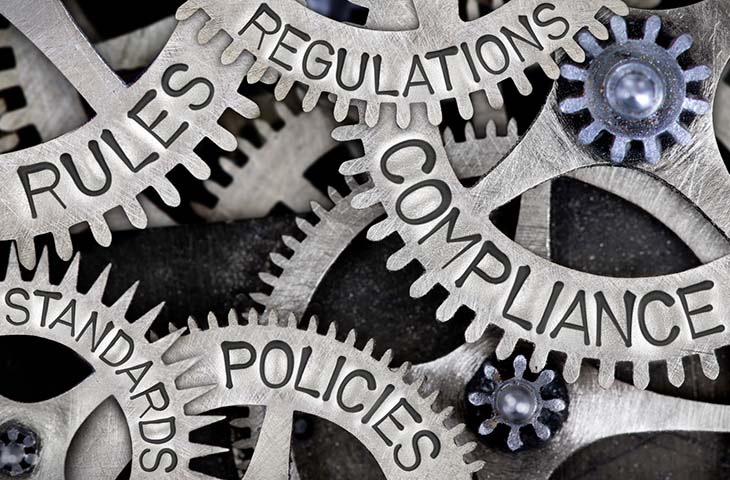Regulatory Proposals
 |
| Payments Center, accessed 7/9/2018 |
Different organizations have different demands and desired outcomes in the world. Different industries thus require different governing structures internally within the industry/compan(ies) themselves, and externally with different elements of the society and the environment. It is hypothetically possible to develop and design specific regulations regarding internal and external corporate profitability according to the "triple bottom line" of finance, society, and ecosystem. For example, raw materials harvesting could be something that must require influence and profit to flow to the locals who are around it, as well as to the employees who will actually be doing the harvesting. In this way, the resource can be used sustainably for society and the environment, while ensuring that all are able to profit from the enterprise. Governments could also supplement the process with facilitation and common resource provision in the form of research and training of people for these different regulatory structures, so that all can be educated with the best quality evidence that is possible. All of these activities can be funded through well-designed and democratically discussed taxes and fees from the common products of human societ(ies). All of these structures depend on society creating them through a mixture of top-down and bottom-up processes.
Some would argue that the provision of these regulatory structures and educational materials is too much of an overreach by the government into the private economy. To those people, I would counter-argue that companies with common internal and external regulatory forces could potentially be more profitable and sustainable than those who are locked in nothing but pure competition. Business leaders are not infallible, all-knowing, all-compassionate, or totally rational people, just as we all are as human beings. They make mistakes. In the current academic world of business schools, there is little regard or emphasis on the importance of considering other people and the environment in business decisions. In a laissez-faire regulatory environment, all are given a substantial incentive to cheat, and hurt others for personal gain. Anti-social individuals end up with the most influence, and they behave anti-socially while they're in influence. By having all subjugated to the determined democratic needs and wants of most people (which likely correlates to pro-sociability and personal psychological, economic, and communal/social health), we can survive better in a dynamic universe that we affect and influence too. With this holistic and arguably more accurate perspective of existence and humanity, I'd say societies could be better off and better able at surviving and adapting than others who don't. The question can be resolved by quality, and honestly treated evidence gathered from the past, and it can be tested in the present under near laboratory conditions. The only question that remains is how well does it predict near to long term well-being for the particular pan-generational lifespan of the social species in question. My guess is that it does, especially if the societ(ies) in question choose to be adaptable, evidence-based, and rooted in compassion and concern for others.
Comments
Post a Comment